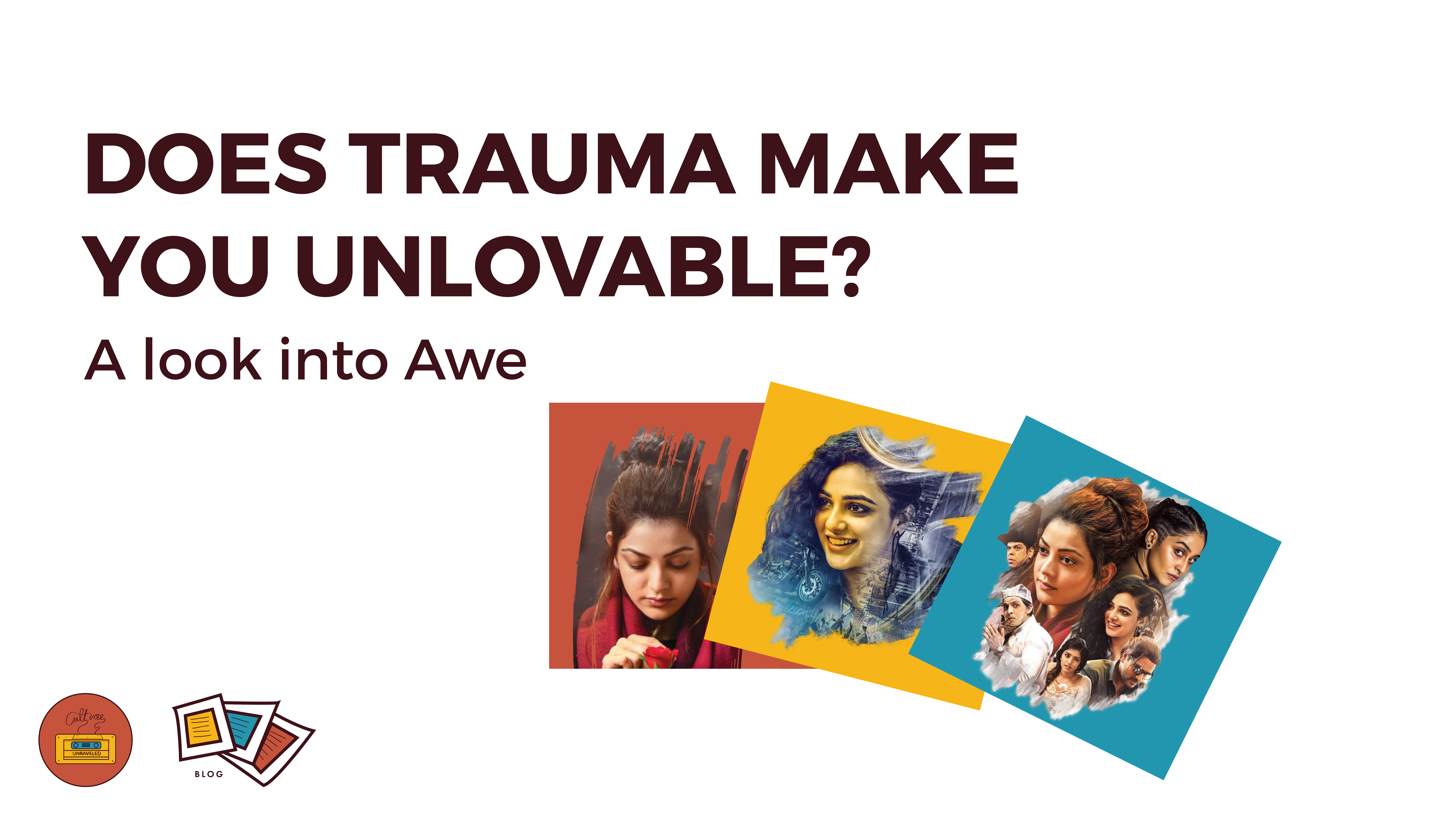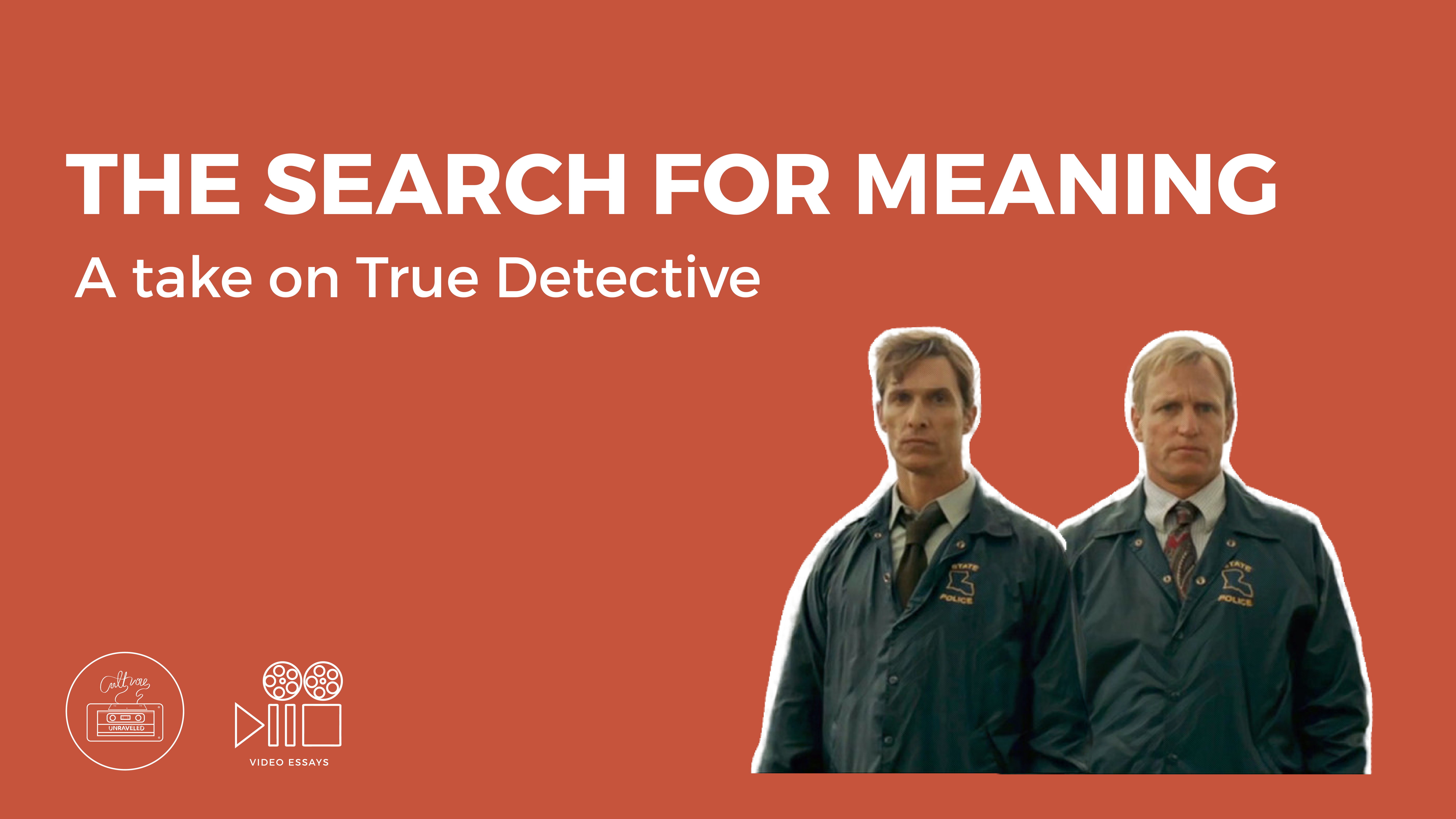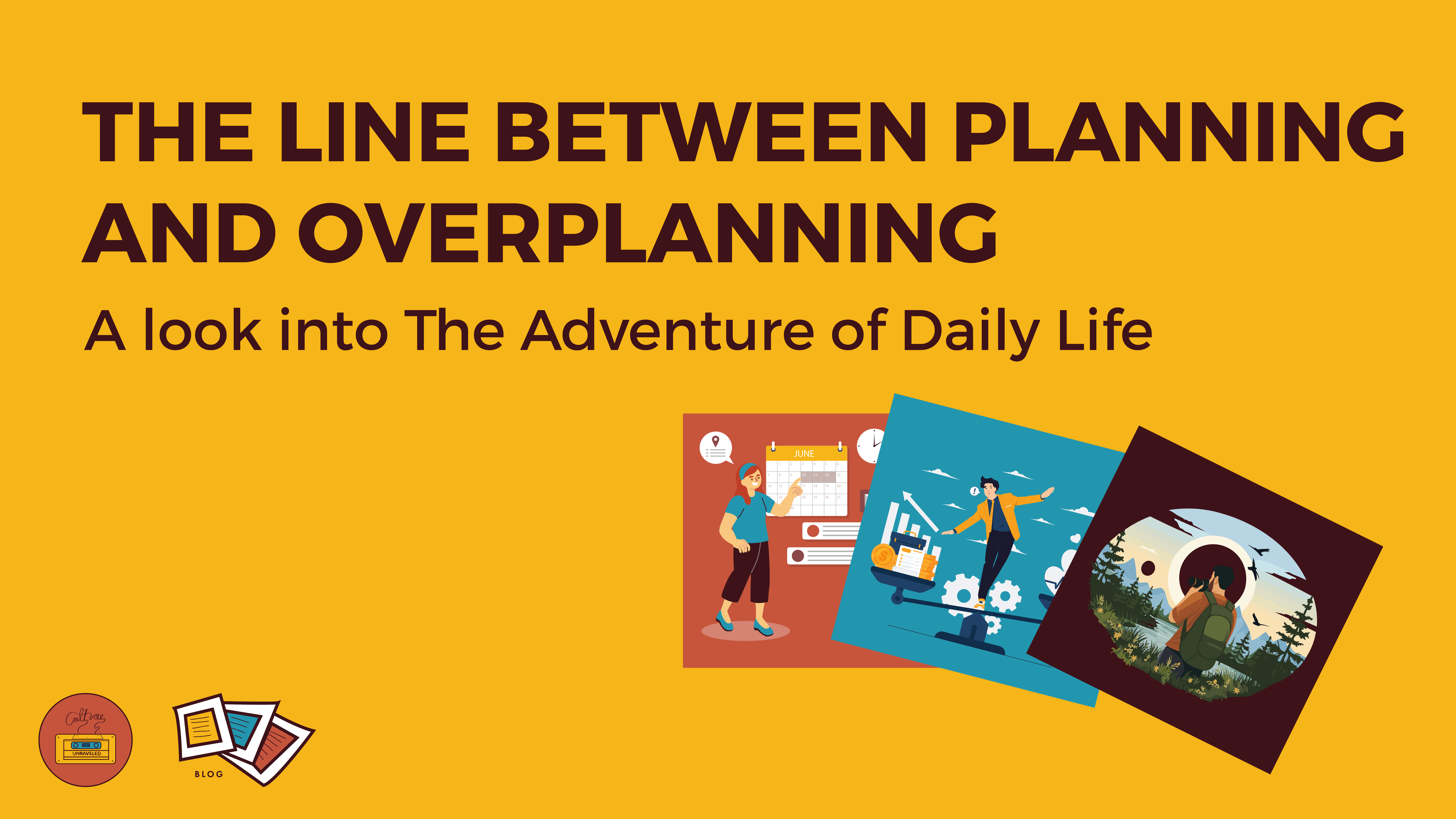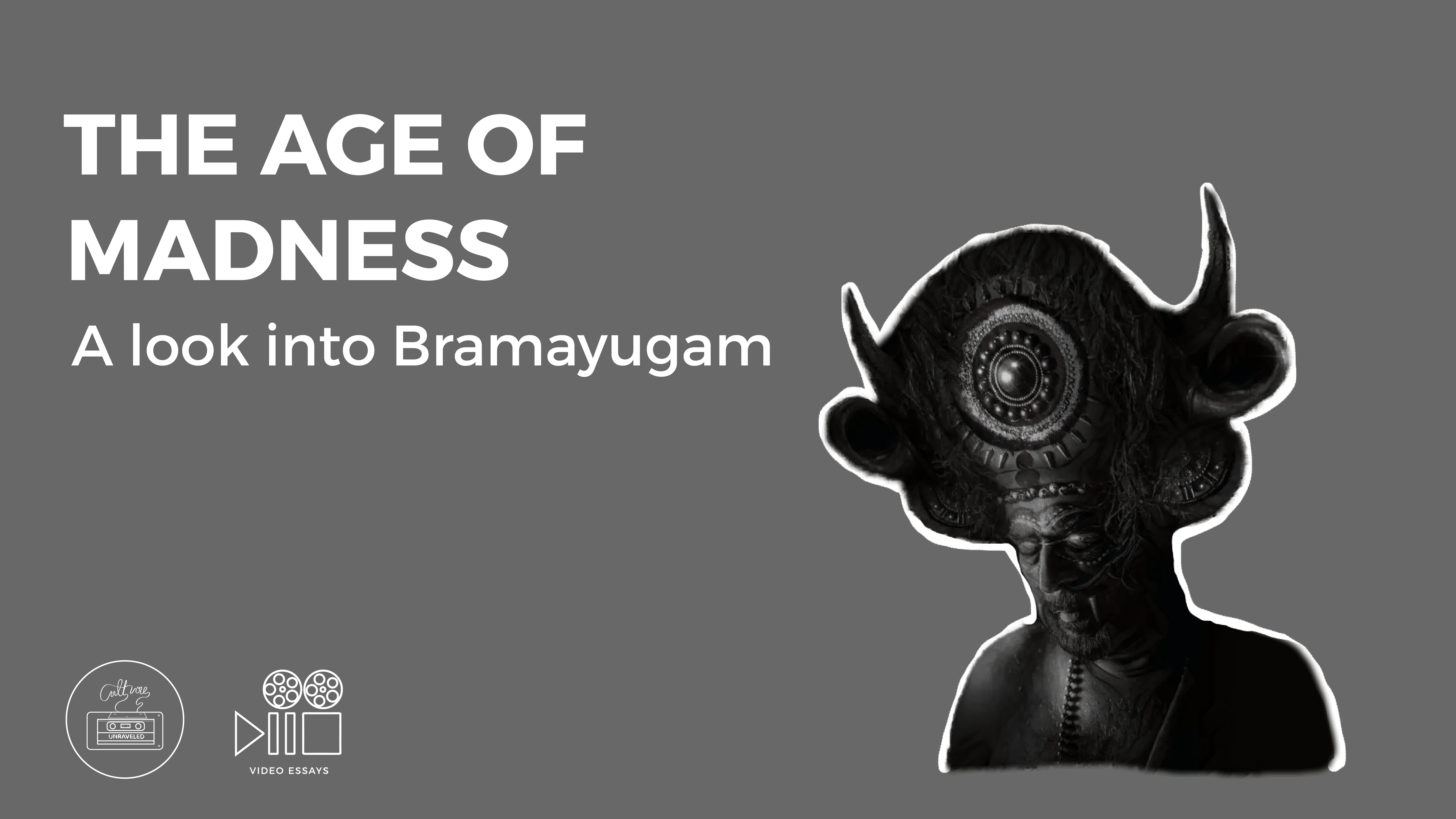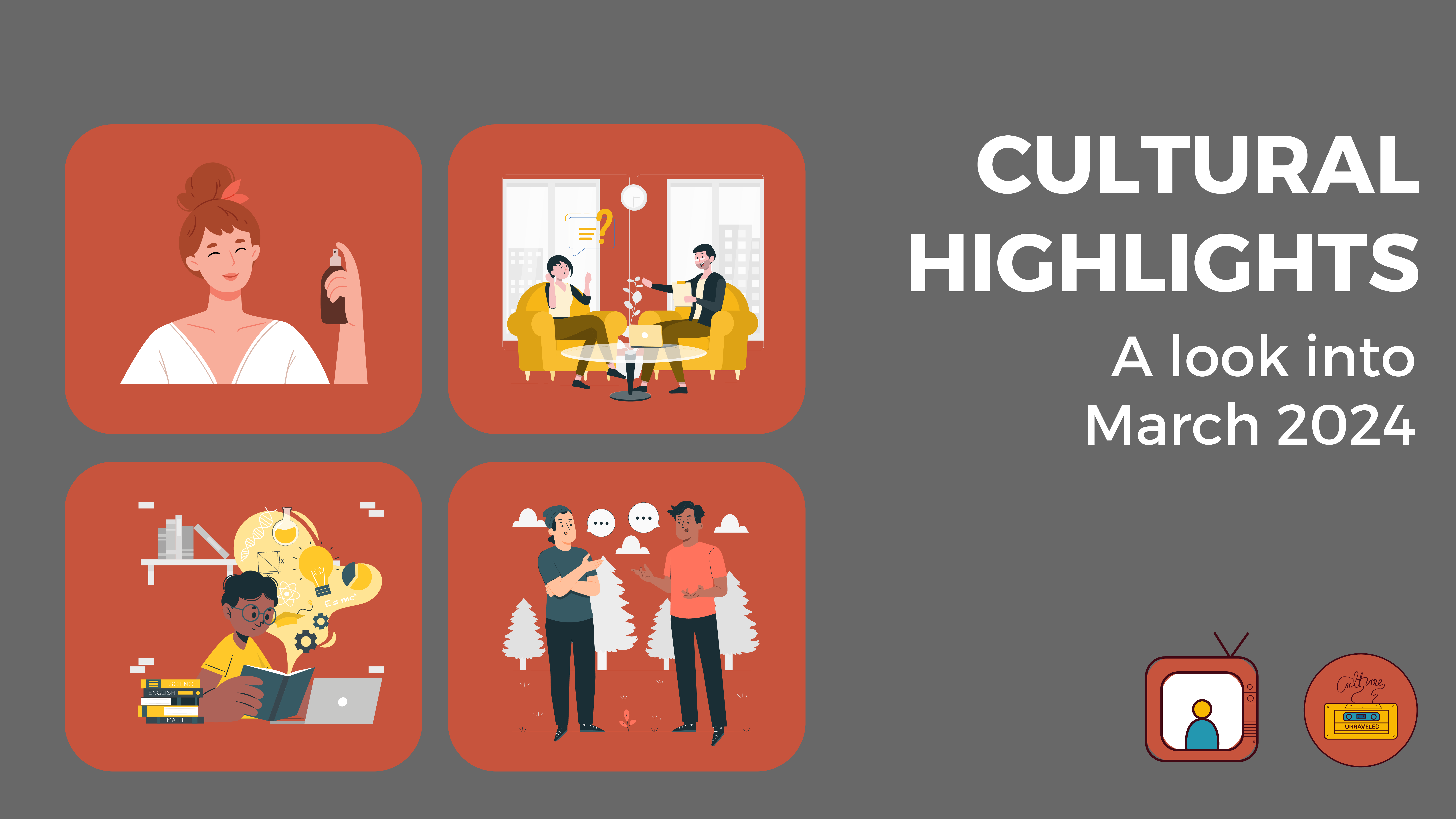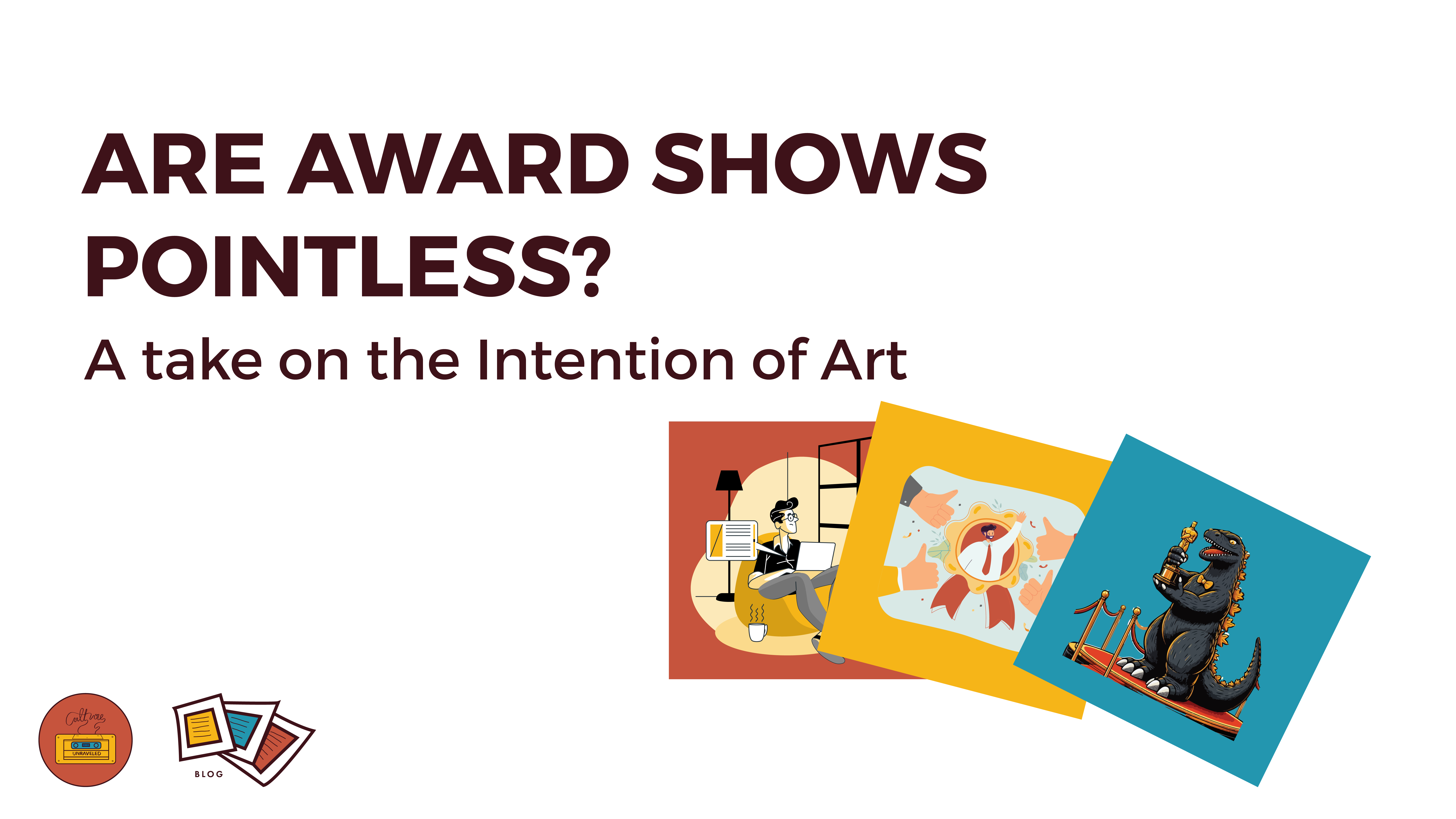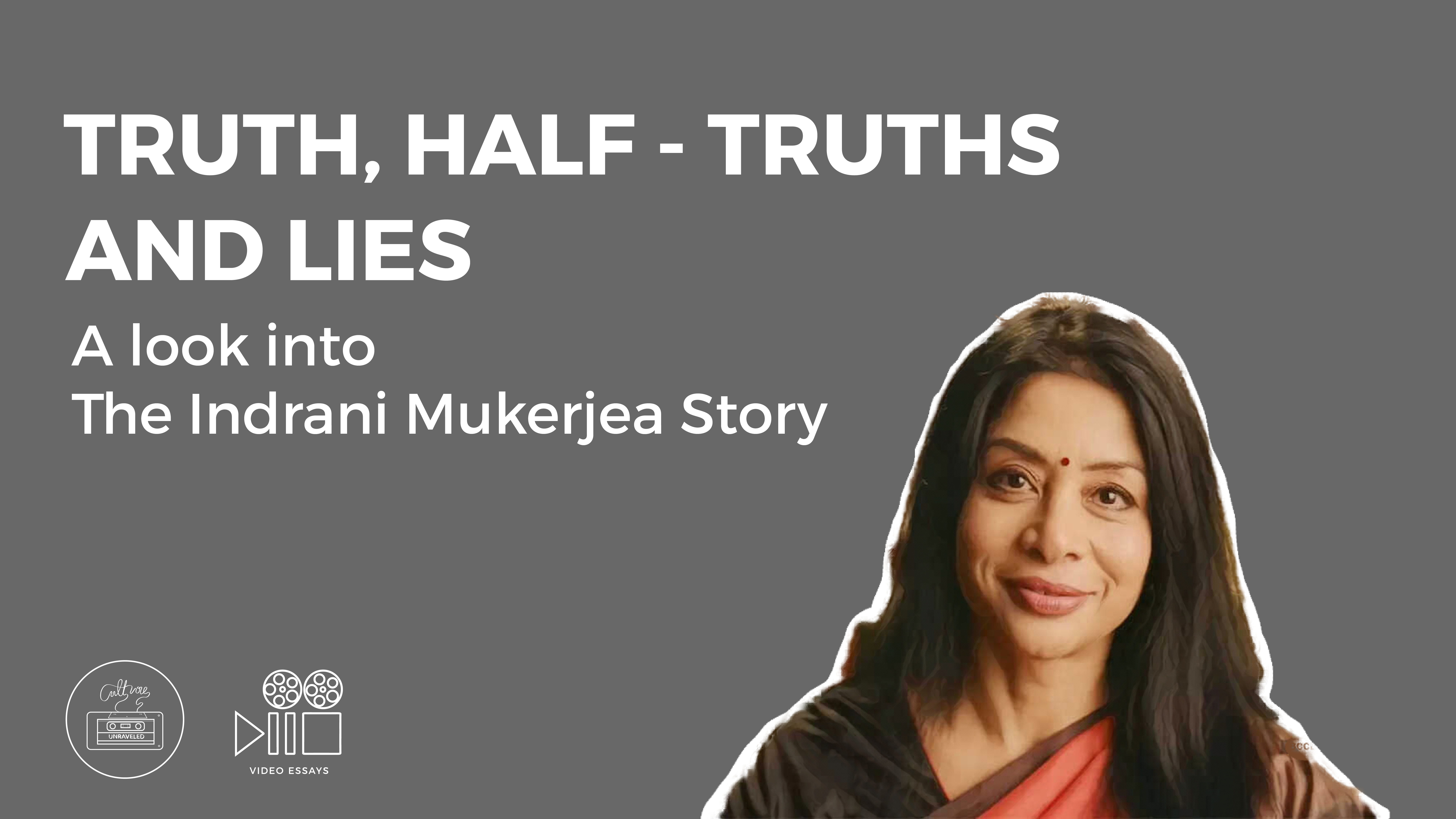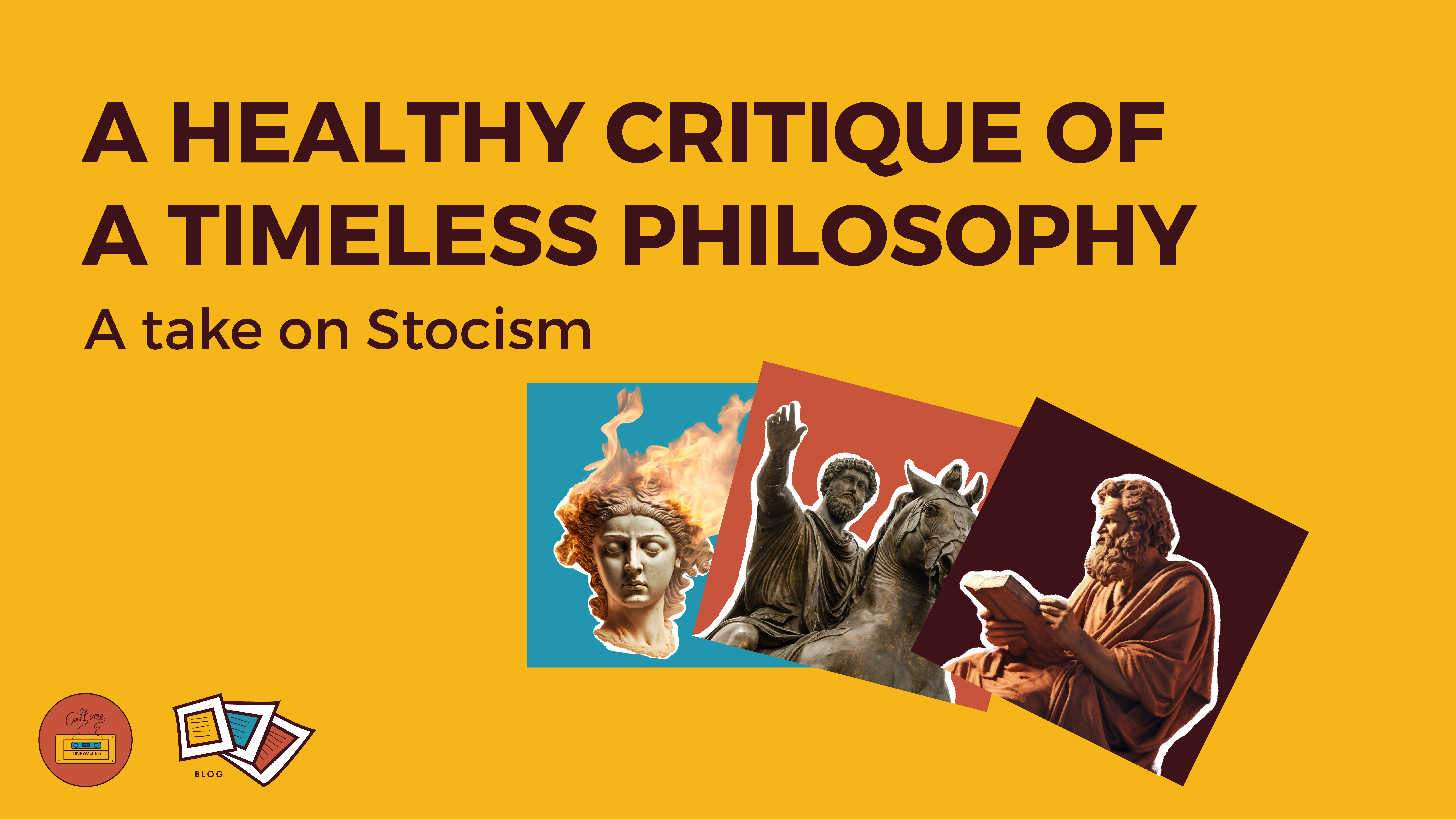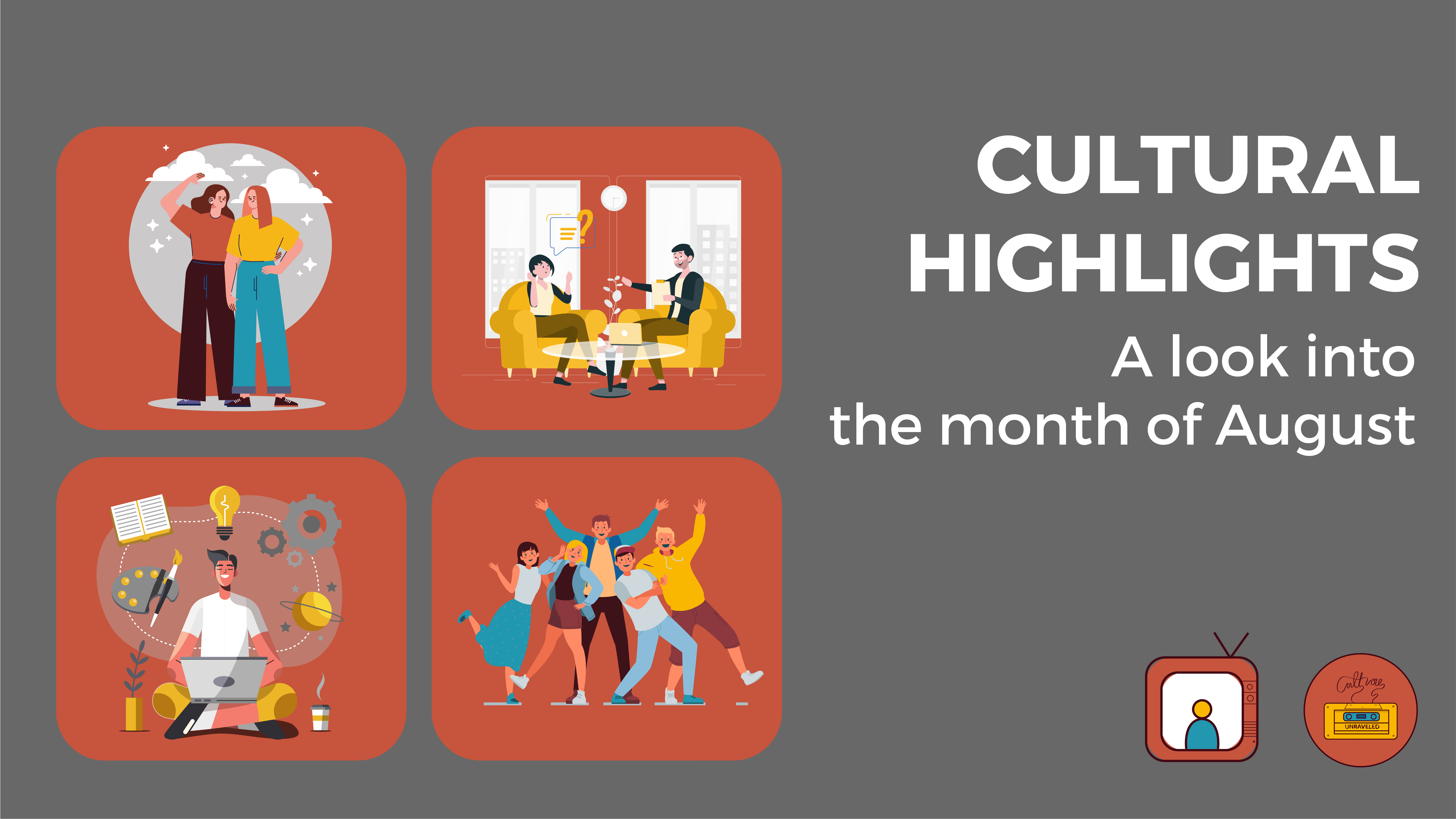
1. Genuine Friendships: Not Easy, But Worth It
In 1958, the owner of Hallmark cards proposed celebrating Friendship Day in Paraguay. This initiative was soon recognized by the UN General Assembly in 1997, and the United States officially declared July 30 as International Friendship Day. This initiative served as a reminder to express gratitude to our friends for their presence and support in good times and bad and to celebrate their valuable role in our lives. It has been fifty years since this initiative began, and many people in the world still celebrate Friendship Day, often by giving each other bands that signify their ties to each other or by dining out, going on trips, and engaging in meaningful activities that would strengthen their bonds and create lasting memories.
A few decades later, in 1994, a top-rated sitcom called ‘Friends’ created by David Crane and Marta Kauffman, aired on American television. It portrayed the life of a group of six friends who spent most of their lives together in a coffee shop in New York City, working their way through the complexities of relationships and career goals. The show quickly gained popularity as it resonated with an audience who shared the characters’ aspirations and dreams but who likewise had difficulty transitioning into adulthood and the challenges that came with it. But the show’s most prominent attraction lies in its central theme that genuine friendships will keep one secure even when life seems to be falling apart. The show remains popular, not only in America but in most other parts of the world.
In 2004, ten years after the sitcom began, we saw the beginning of another cultural phenomenon, as technological advancements gave rise to what we know as ‘social media.’ The advent of Facebook enabled us to transcend not only geographical barriers in connecting to people but also changed the way we communicate as human beings. And the most significant cultural change it brought about is how we establish our friendships. We have been accustomed to meeting or having conversations with our friends virtually. And we need to realize the lack of in-person interactions. Despite the meaningfulness and wholesomeness of in-person conversations and meet-ups, the Facebook era has significantly changed our need for them.
Whatever these three cultural phenomena may be, they all point to the cultural trends that revolve around friendship. While the Friendship Day initiative reminds us of the people in our lives, the sitcom turns our attention to the dynamics that we share with our friends, and the Facebook revolution challenges us to rethink our assumptions about what it means to connect wholly and meaningfully, given our human need for genuine friends. However we may assimilate these cultural phenomena, most of us cannot often make and sustain real friendships. Is it because we failed to define it well? If yes, how do we define friendship?
Genuine friendship has two core characteristics: First, it challenges the cultural notion that having friends is merely for fulfilling our emotional needs. For instance, we often talk about our friends in a self-oriented manner, regarding them as a support system or people we fall back on in times of distress. Although it is wise to consider our friends as those who would help us in our time of need, regarding our friendships merely as a means to serve our selfish needs must be reconsidered. Recognizing that genuine friendships are often formed due to our sacrificial and self-giving attitudes is essential to understanding friendship’s nature.
Second, it challenges us to have friends, not so that we are socially recognized or have a status in society, but so that we are known for all our vulnerabilities, fears, and desires. In other words, it challenges us to have friends not merely to have a social circle but to be known deeply and well. Often, we get comfortable with the shallowness of being simply acquainted with people. But the nature of a genuine friendship lies in having the courage to know and be known by our friends, even if we are exposed to our most profound shame, fear, and regret.
While the Hallmarks cards initiative, the sitcom, and the Facebook revolution point us to the significance of having genuine friendships, these cultural phenomena may only partially empower us to cultivate real friendships. We establish lasting friendships only when we recognize that true friendships are not easy to come by but depend on our efforts to put others’ needs before ours and our ability to be vulnerable and honest with them. They are one of the most valuable things in life as they are enduring, empowering, and make our lives richer and more meaningful.
2. Two Reasons why Christians should Learn the Art of Persuasion
What is persuasion? Contrary to popular belief, persuasion is not necessarily manipulation, trickery, or coercion. Instead, it is the ability to influence others’ opinions, actions, or attitudes. A business leader negotiating a deal with his investors, salespeople convincing their buyers about a product or service, or college professors shaping their students’ opinions are all acts of persuasion. Simply put, persuasion is a powerful cultural art form that can influence others about what is worth knowing and doing.
How can we persuade people effectively? There are three things we must consider for effective persuasion. First, we must communicate in a manner that resonates with our listener’s logic or reason. Second, we must enable the listener to connect with our message on an emotional level. And third, we must establish our integrity and trustworthiness as a speaker. In other words, we can effectively persuade people by carefully constructing our arguments, connecting them to our listeners’ values and desires, and establishing credibility.
Why should Christians learn this art form? There are two main reasons.
- It is rooted in God’s character: We have a God who persuades us. We experience God’s persuasion in receiving and putting our faith in Him, in our sanctification and maturity as believers, and in fulfilling the purposes for which God created us. We see this in the gospels when Jesus used parables that resonated with his audience, which were very effective forms of persuasion. Moreover, in John’s gospel (John 16:13), we see that the Holy Spirit guides us into all truth, which He does by persuading us of God’s grace, holiness, and power.
- It is God’s mandate to us: All believers are called to persuade others about the hope that we have within us (1 Peter 3:15). When we give a reason for our hope, we are resonating with the logic of the people listening to our message. When we do this gently and respectfully, we connect our message with their emotions. And when we do this with a clear conscience, they gain trust in the credibility of our character. In fulfilling this mandate, we are exercising faith, growing in it, and fulfilling God’s purpose for us.
Therefore, persuasion is influencing others’ beliefs, actions, or attitudes. It is an essential skill to learn for two reasons. First, it is rooted in God’s character, as seen in how God persuades believers through grace, sanctification, and the guidance of the Holy Spirit. Also, Jesus’ use of parables in the gospels is a powerful example of God’s persuasion. Second, it is a mandate from God, urging believers to defend our hope with gentleness, respect, and a clear conscience, thereby calling us to persuade others of our hope, logically, emotionally, and through our character.
3. Is Knowledge Good?
Knowledge is a powerful tool. It allows us to make sense of the world through the information we obtain from people and various life situations. It gives us a sense of control over our lives and possibly the lives of those who might know less than us. Some of us may spend all our lives learning a subject in depth, and we rarely regret this action. This is because the knowledge we acquire helps us make better decisions and lead meaningful lives. We indeed consider knowledge powerful. But is knowledge good? Have we ever considered the implications of having too much knowledge?
There are two reasons why too much knowledge is not good. First, too much knowledge can trap us. With too much knowledge, we fall victim to overanalyzing everything. We might always strive to make the most logical decision but overlook what is relevant and valuable. For instance, a student can make a rational career decision by weighing the pros and cons of different career paths and end up utterly unsatisfied with their choice. In this case, the student was trapped into thinking that they made a good choice. But that choice only leaves them feeling miserable.
Second, too much knowledge can paralyze us. We fall again under the trap of over-analysis, which can lead us to inaction this time. We might become totally incapacitated to decide in the face of too much information we overanalyzed. For instance, in knowing all the pros and cons of every career, the student cannot choose any profession, as he knows about the negative aspects of all his options. In this case, in wanting to choose the best career, the student ends up choosing nothing because too much information makes them fearful and anxious.
While the Bible does not condemn seeking knowledge, it repeatedly exhorts us to seek knowledge together with wisdom. It resonates with the view that too much knowledge can make us fearful, anxious, and miserable. But it assures us that when we get wisdom, knowledge will be pleasant to our souls (Prov. 2:10). Since wisdom begins with the fear of the Lord, it will help us to use our knowledge by our reverence towards God, and our willingness to please him with our decisions. And when we know that our choices are pleasing to God, we experience God’s peace despite knowing the negative aspects of a specific decision. In other words, while too much knowledge can be bad for us, knowledge coupled with a reverent fear towards God, i.e., wisdom, is good.
Therefore, knowledge is a powerful tool, but too much of it can be bad for us. It can trap and paralyze us, causing us to overanalyze, become anxious, and even make unsatisfying choices. But with wisdom, knowledge becomes a source of enlightenment rather than confusion. It enables us to make decisions that are not merely rational but aligned with God’s will for our lives.


